At the start of the school year it can be a daunting task to reteach the scientific method to your students, especially considering they were just in school two months ago! To help you combat scientific method regression, we’ve gathered 10 easy ways to teach the scientific method and listed them below. They’re easy to create, require little to no resources, and most of all, they are FUN and can be used throughout the year for reinforcement.
 A Card Sort Activity: This is a great mix-it-up activity for students. Provide them with a set of cards that contain each step of the scientific method, an example of the step being implemented, and maybe even a picture/graphic SHOWING what that step looks like. Then, provide the cards to your students for a warm up, exit ticket, or fun group activity. They can work in groups, individually, or as a whole class as they sort the cards into the steps of the scientific method.
A Card Sort Activity: This is a great mix-it-up activity for students. Provide them with a set of cards that contain each step of the scientific method, an example of the step being implemented, and maybe even a picture/graphic SHOWING what that step looks like. Then, provide the cards to your students for a warm up, exit ticket, or fun group activity. They can work in groups, individually, or as a whole class as they sort the cards into the steps of the scientific method.
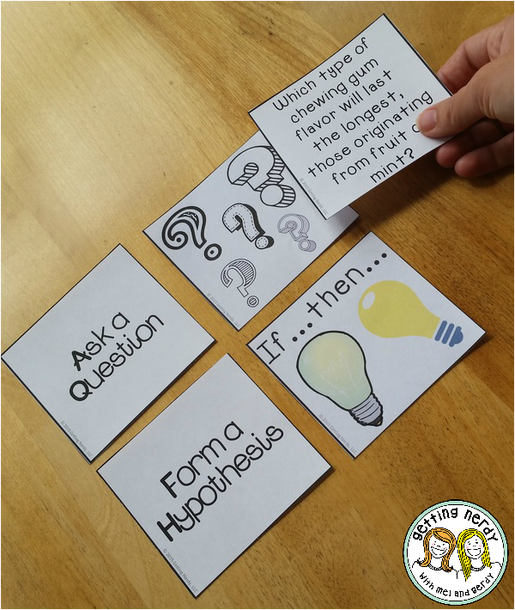
 A Quick Lesson on Measurement: Provide students a list of items to measure to the nearest 1/10th centimeter or whatever you prefer. Then, have students pair up and each measure the same item. Students compare answers and if there are discrepancies, have them measure together until they find the correct answer. If you don’t have enough rulers to go around, try making your own in PowerPoint and print and laminate them. We made ours by using the measurement/ruler/scale at the top of the toolbar in Word and Powerpoint to ensure our ruler measured correctly. Another great option is getting some of the paper meter sticks from Ikea! Laminate them and hole punch the top – string them up and you’ve got a valuable resource at your fingertips that cost you NOTHING!
A Quick Lesson on Measurement: Provide students a list of items to measure to the nearest 1/10th centimeter or whatever you prefer. Then, have students pair up and each measure the same item. Students compare answers and if there are discrepancies, have them measure together until they find the correct answer. If you don’t have enough rulers to go around, try making your own in PowerPoint and print and laminate them. We made ours by using the measurement/ruler/scale at the top of the toolbar in Word and Powerpoint to ensure our ruler measured correctly. Another great option is getting some of the paper meter sticks from Ikea! Laminate them and hole punch the top – string them up and you’ve got a valuable resource at your fingertips that cost you NOTHING!
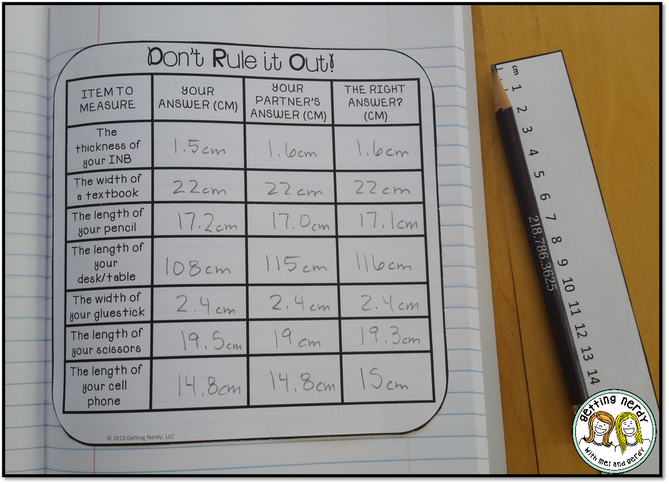
 Metric Conversion Bingo: Create a table/board that is 7 columns wide so you can place the metric system conversions along the top: Kilo, hecta, deca, main unit, deci, centi, milli. Use the #1 as the main unit and show how it changes as students move left and right in the table. Randomly intersperse numbers within the table and have students practice moving the decimal left and right while filling out the table.
Metric Conversion Bingo: Create a table/board that is 7 columns wide so you can place the metric system conversions along the top: Kilo, hecta, deca, main unit, deci, centi, milli. Use the #1 as the main unit and show how it changes as students move left and right in the table. Randomly intersperse numbers within the table and have students practice moving the decimal left and right while filling out the table.
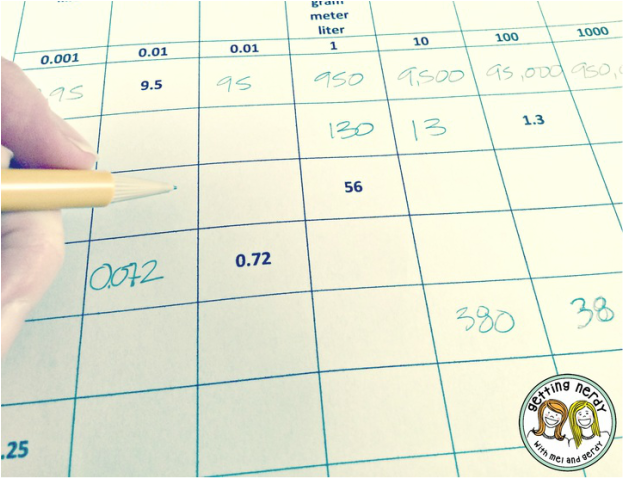
 Graphing Practice with a Quick Class Poll: Ask your students what their favorites are – dessert, type of music, sports, class subjects, Project Runway star, and then tally the numbers on the board. Have students make a bar graph of the data you’ve collected. Switch it up and have students create other types of graphs as well, such as pie, line, double line or scatterplot graphs. You’ll soon see that they’ll gain a deeper understanding of the data they observe in your class labs with a little practice.
Graphing Practice with a Quick Class Poll: Ask your students what their favorites are – dessert, type of music, sports, class subjects, Project Runway star, and then tally the numbers on the board. Have students make a bar graph of the data you’ve collected. Switch it up and have students create other types of graphs as well, such as pie, line, double line or scatterplot graphs. You’ll soon see that they’ll gain a deeper understanding of the data they observe in your class labs with a little practice.
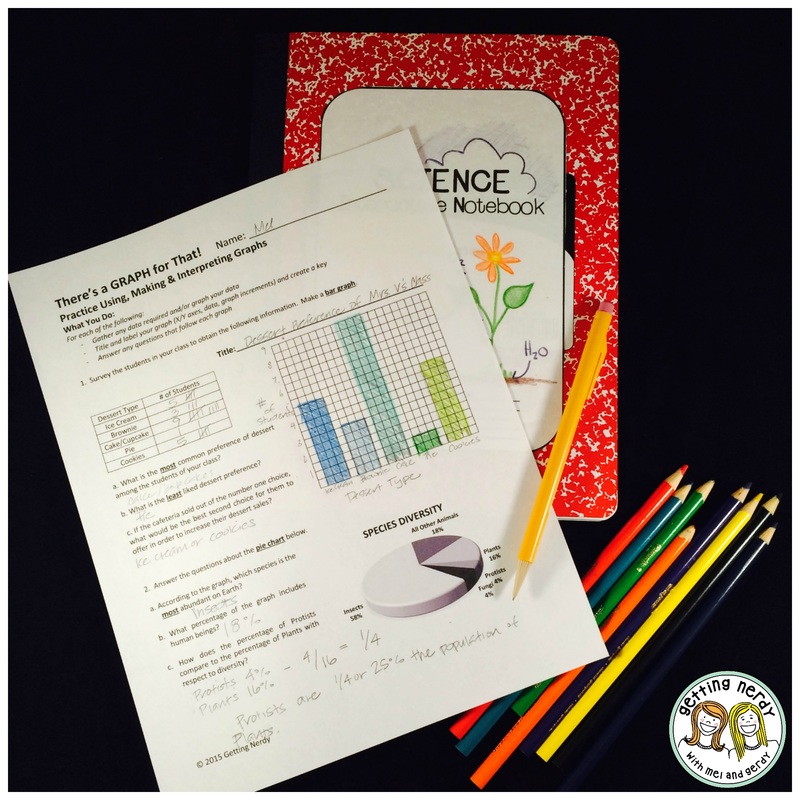
 Task Cards: Create random task cards asking about metric conversion, the different types of variables, measurement, hypothesis practice, etc. Students can complete them for warm-ups or exit tickets as they’re a great tool for assessing knowledge quickly. We have a bundle already created with plenty of scientific method practice in our store HERE.
Task Cards: Create random task cards asking about metric conversion, the different types of variables, measurement, hypothesis practice, etc. Students can complete them for warm-ups or exit tickets as they’re a great tool for assessing knowledge quickly. We have a bundle already created with plenty of scientific method practice in our store HERE.
 Simple Inquiry Lab: Engage your students in a simple, and wallet-friendly inquiry lab like paper folding. Give students a piece of newspaper or copy paper and have them hypothesize about how many times they can fold the piece of paper in half. Encourage them to think about how best they can accomplish this task and have them detail out the steps they will take to achieve their end goal. Hint: it’s virtually impossible to fold a piece of paper more than 6-7 times, so their end results should all be about the same! It’s the path they take there that takes some real scientific thought.
Simple Inquiry Lab: Engage your students in a simple, and wallet-friendly inquiry lab like paper folding. Give students a piece of newspaper or copy paper and have them hypothesize about how many times they can fold the piece of paper in half. Encourage them to think about how best they can accomplish this task and have them detail out the steps they will take to achieve their end goal. Hint: it’s virtually impossible to fold a piece of paper more than 6-7 times, so their end results should all be about the same! It’s the path they take there that takes some real scientific thought.
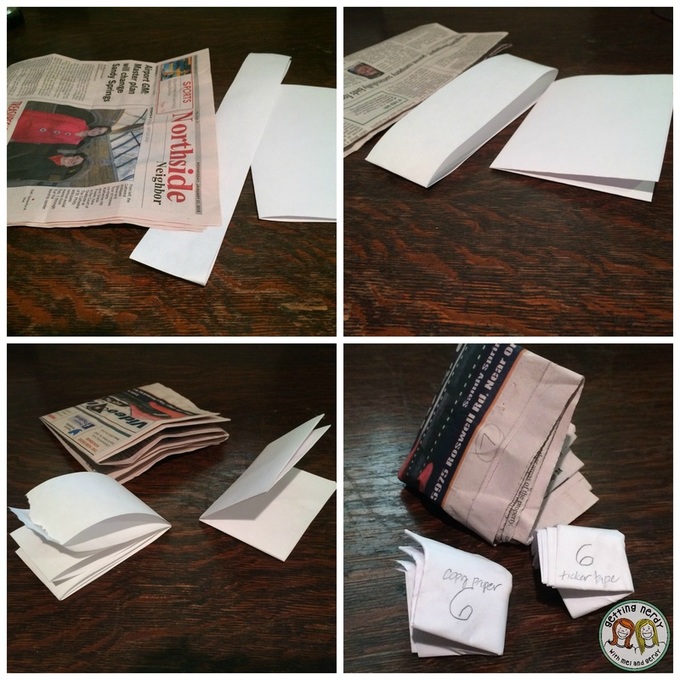
 Observation Potato Chip Activity: Want to reinforce the concept of making good scientific observations? Grab a bag of chips! Another lab that’s light on your budget, the potato chip lab helps to reinforce the importance of making detailed observations. Put a pile of chips in the center of each student table. Have students grab a single chip from the center and observe its characteristics. Then, instruct them to write a detailed description or draw a picture of their chip and carefully add it back to the pile. Students trade their papers and then try to identify the other’s chips. It’s ALL that and a bag of chips!
Observation Potato Chip Activity: Want to reinforce the concept of making good scientific observations? Grab a bag of chips! Another lab that’s light on your budget, the potato chip lab helps to reinforce the importance of making detailed observations. Put a pile of chips in the center of each student table. Have students grab a single chip from the center and observe its characteristics. Then, instruct them to write a detailed description or draw a picture of their chip and carefully add it back to the pile. Students trade their papers and then try to identify the other’s chips. It’s ALL that and a bag of chips!
 STEM/STEAM: What about a quick STEM inquiry lab that only requires a piece of cardstock, a punched hole and slit, pan of water, and different surfactants to make the paper go go go? We’ve got a lesson for you that does just that and provided a handy blog post to take you through the steps. Read about it HERE.
STEM/STEAM: What about a quick STEM inquiry lab that only requires a piece of cardstock, a punched hole and slit, pan of water, and different surfactants to make the paper go go go? We’ve got a lesson for you that does just that and provided a handy blog post to take you through the steps. Read about it HERE.
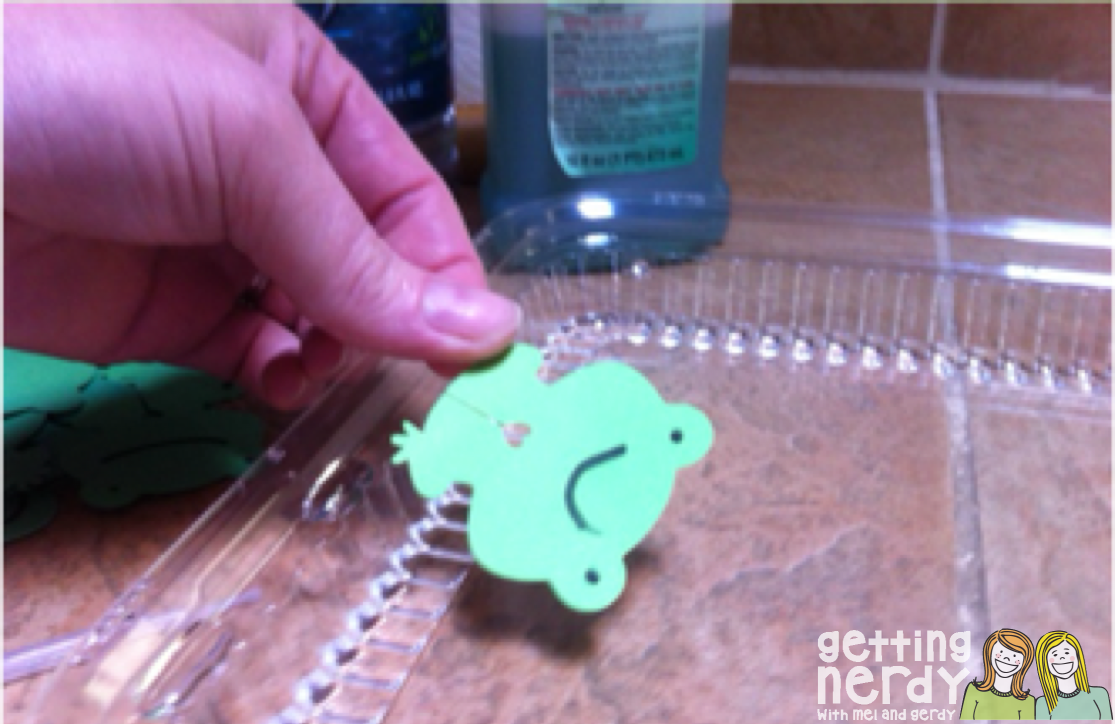
 Tactile Boxes: Got a couple of old shoe boxes? Make tactile boxes! These are great for helping students to make observations using their other senses. Cut a hole in the end and fill it with a few random things from your classroom, like a paperclip, screwdriver, rubber eraser, etc. Put the lid on and have students place their hand in the box and attempt to identify the objects inside. If they can’t identify them outright, have them DRAW what they think the item looks like and then describe the item in as many words possible.
Tactile Boxes: Got a couple of old shoe boxes? Make tactile boxes! These are great for helping students to make observations using their other senses. Cut a hole in the end and fill it with a few random things from your classroom, like a paperclip, screwdriver, rubber eraser, etc. Put the lid on and have students place their hand in the box and attempt to identify the objects inside. If they can’t identify them outright, have them DRAW what they think the item looks like and then describe the item in as many words possible.
 FREE Websites: There are a zillion great websites out there that teach and reinforce the steps of the scientific method. To help you out, we’ve compiled a list in a blog post that includes sites for teaching the scientific method, as well as TONS of other science related topics. Check it out HERE!
FREE Websites: There are a zillion great websites out there that teach and reinforce the steps of the scientific method. To help you out, we’ve compiled a list in a blog post that includes sites for teaching the scientific method, as well as TONS of other science related topics. Check it out HERE!
All of the resources pictured can be found in our Complete Scientific Method Curriculum Bundle.
Like this? You might also was to check out our posts on:
Inspire Students. Love Teaching.
We have everything you need to successfully teach life science and biology. Join over 85,000 teachers that are seeing results with our lessons. Subscribe to our newsletter to get a coupon for $5 off your first order!
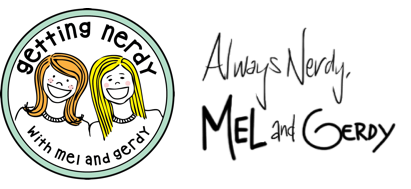

These ideas are so simple and helpful for the beginning of the year of Science. Helps students to learn the rules during experimentation and follow the Scientific Method as they go along. Thanks!